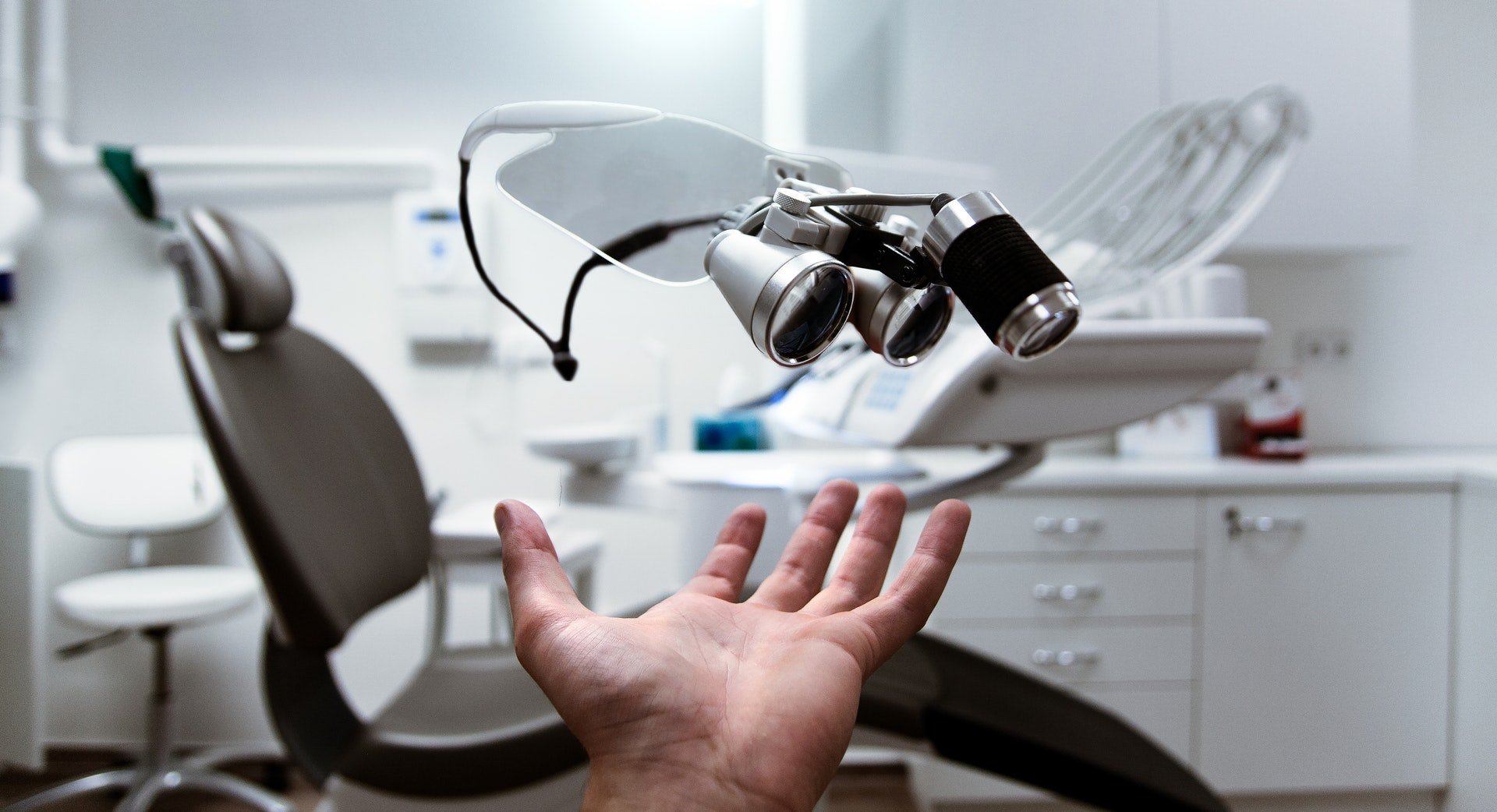CFR Part 820, often referred to as simply Part 820, delineates the requirements for a quality management system that must govern the design and manufacture of any device sold in the United States. Part 820 consists of 224 “shalls”, which are each legally binding. The FDA is in charge of assuring that a device manufacturer’s quality system has implemented all 224 “shalls” and that compliance with each one is documented in a clear way. If a medical device is produced in non-compliance with Part 820, it is labelled “adulterated” by the FDA. Discovery of adulterated devices results in the issuance of an FDA 483 warning letter to the manufacturer of record, indicating the points of non-compliance and requiring a response to the FDA. Depending on the severity of the violation, further repercussions may also occur, including forced cessation of manufacture, recalls, import bans, fines, or criminal prosecution.
Simply stated, a quality management system (QMS) is a defined, documented, repeatable process intended to produce uniform results when followed. In the case of a medical device, the intended result is a device that is safe and effective.
Quality system requirements in Part 820 are wide-reaching. Its major elements include:
- Documentation requirements
- Training of employees
- Control of the design process
- Risk management
- Manufacturing requirements, including special circumstances such as those necessary for sterile devices or active implantable devices
- Corrective And Preventive Action (CAPA) procedures defining how to respond when issues occur
- Ongoing surveillance of quality system efficacy
Typically, medical device manufacturers will have staff dedicated solely to the creation and oversight of a quality system that is compliant with Part 820. However, it is important for medical device companies of all sizes to understand that Part 820 is not just the concern of the “quality department.” All employees need to understand the importance of compliance with Part 820. Though a single employee might be involved in only a very small component of Part 820 adherence, each part is crucial to the system operating to produce medical devices that are marketable (i.e., devices that will receive FDA approval), safe, and do what they claim to do. Companies should work to help employees understand that quality system processes are not just random rules for “the way we do things” but are part of an important big-picture framework. In the end, executive management is responsible for ensuring that their company’s QMS is effective for regulatory compliance of their device(s).
All medical devices in the U.S. must be approved by the FDA before they can be legally marketed. The FDA defines a medical device as “an instrument, apparatus, implement, machine, contrivance, implant, in vitro reagent, or other similar related article… intended for use in the diagnosis of disease or other conditions, or in the cure, mitigation, treatment, or prevention of disease….” Of recent note, there has been clarification by a number of regulatory entities, including the FDA, that in certain circumstances software alone can be considered a medical device [read more about QMS for software as a medical device].
Our next blog post will examine ways to achieve FDA approval through compliance with Part 820. If you’d rather not wait, click here to download our Standards white paper.
If you would like to be notified of when these posts go live, please sign up for up-to-date email alerts at the right of this page.
To learn more about Tim Carroll and his background in medical devices, click here.








